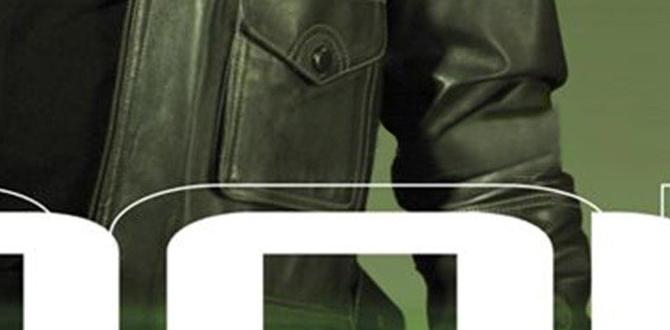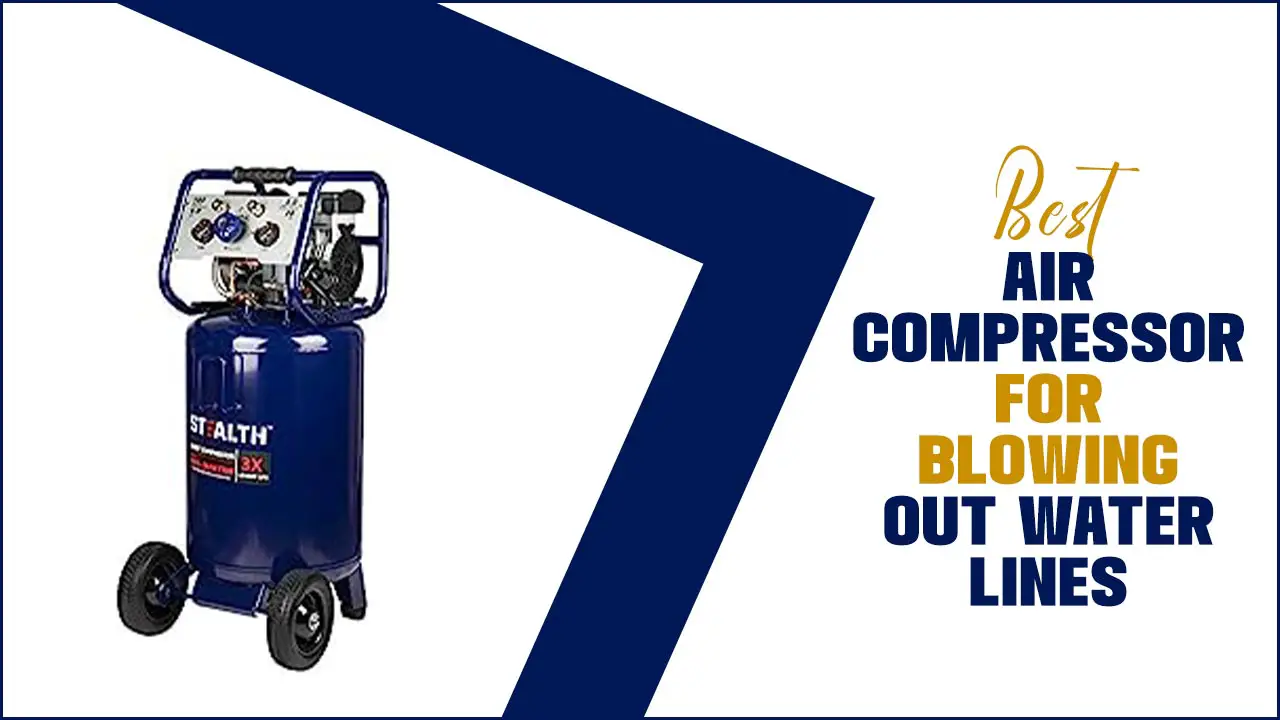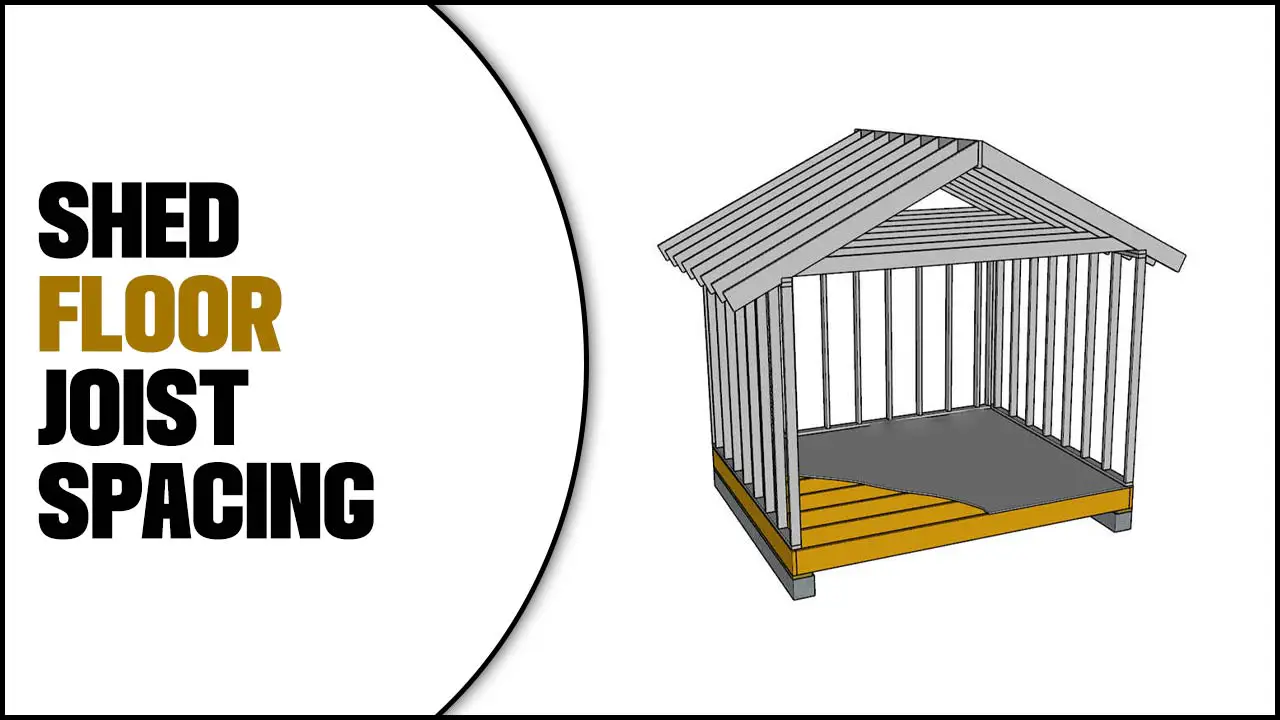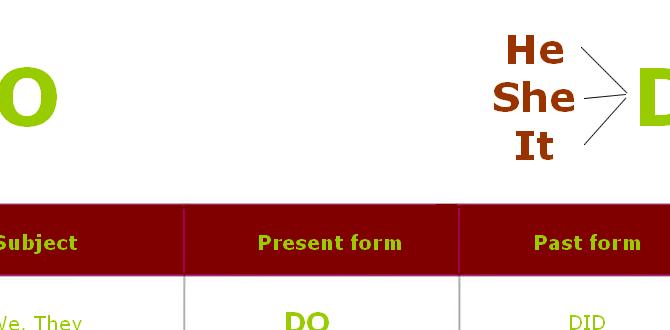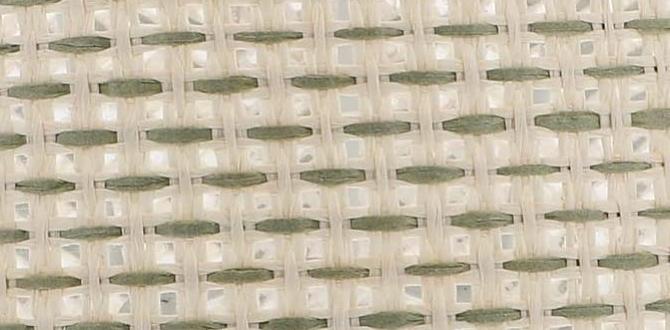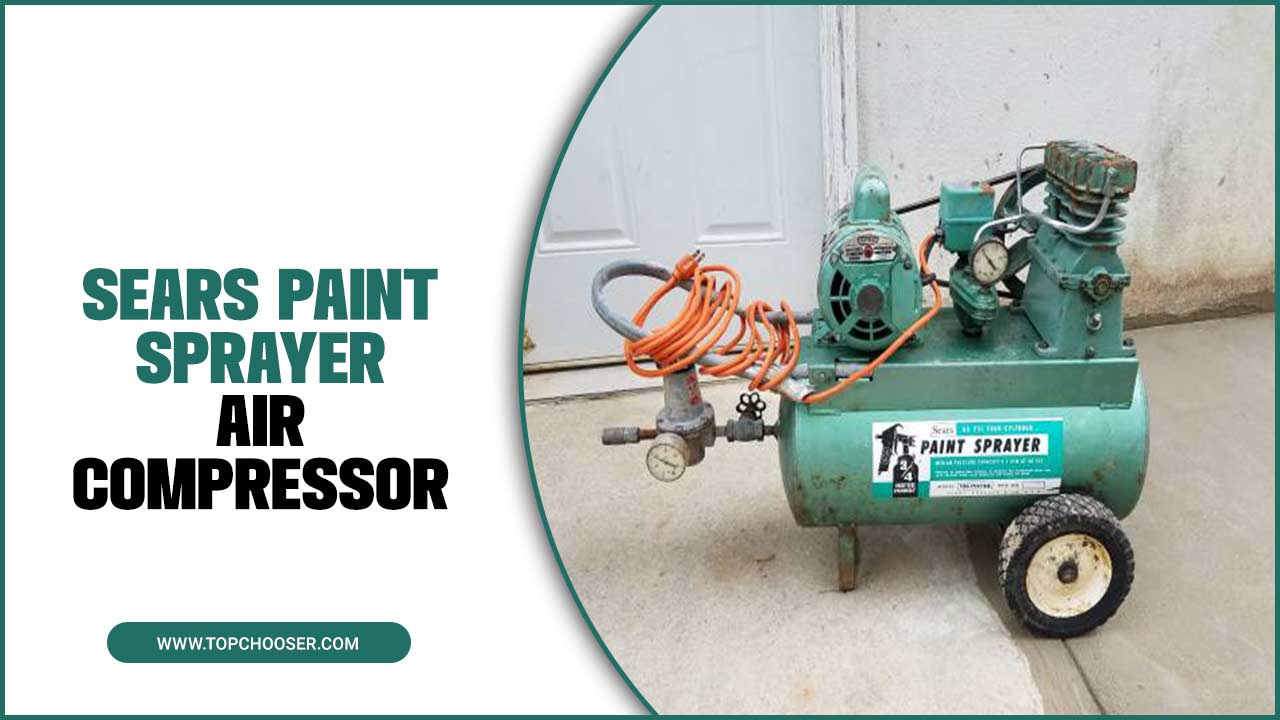Have you ever stood in front of a clogged sink, feeling frustrated? You’re not alone! Many people face this problem in their homes. A clogged sink can be annoying, especially when you have dishes to wash or water to drain.
Did you know that most sink clogs happen from small bits of food and grease? They can build up over time and create big headaches. But the good news is, you can clear a clogged sink easily. With just a few simple steps, your sink can flow freely again.
Imagine the satisfaction of fixing it on your own. No need to call a plumber! In this article, we will share some easy tips on how to clear a clogged sink. Get ready to learn how to tackle this task like a pro!
How To Clear A Clogged Sink: Effective Tips And Techniques
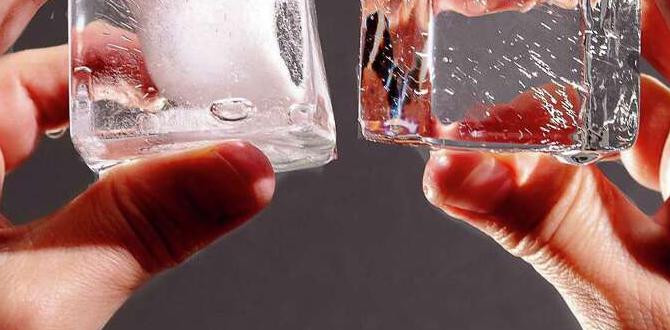
How to Clear a Clogged Sink
A clogged sink can be a real hassle. Did you know that simple household items can help? Start with baking soda and vinegar. Pour them down the drain for a fizzy reaction that breaks down gunk. Hot water works wonders, too! If these tricks fail, try using a plunger. It’s like giving your drain a little workout! With these natural methods, you can tackle that stubborn sink blockage without harsh chemicals. Say goodbye to clogged sinks!Common Causes of Clogged Sinks
Food particles and grease buildup. Foreign objects lodged in the drain.Clogged sinks often have common causes. Food particles can pile up in the drain. This happens when we wash dishes without rinsing them well. Grease buildup from cooking can also stick to the pipes. Sometimes, foreign objects get trapped in the drain. This can be anything from a small toy to a piece of fruit. Keeping your sink clean helps prevent these problems!
What are the common causes of clogged sinks?
Food waste, grease accumulation, and foreign items can all block your sink. Regular cleaning can stop these issues before they start.
Tools You Will Need
Plunger and its usage. Snake or auger for deeper clogs.You’ll need a few tools to clear a clogged sink. First, a plunger is a must. Use it by placing the rubber part over the drain. Push down and pull up quickly. This creates pressure that helps clear the clog. If that doesn’t work, try a snake or auger. This tool reaches deeper clogs. Insert it into the drain and twist to break up the blockage.
What tools do I need to unclog my sink?
You need a plunger and a snake or auger to clear your sink. The plunger tackles simple clogs, while the snake helps with tougher ones.
Step-by-Step Guide to Unclogging a Sink
Initial assessment and preparation. Using a plunger effectively.First things first, take a look at your sink. Check for any visible gunk or clogs. Is it just a bit of hair down there? Or is it a family of spaghetti that’s gone rogue? Next, gear up for battle with a trusty plunger. Ensure you have a good seal around the drain; it’s like giving your sink a warm hug! A few strong pushes should do the trick. If the water starts swirling, give yourself a pat on the back! You’re winning!
| Step | Action |
|---|---|
| 1 | Check for visible clogs |
| 2 | Grab your plunger |
| 3 | Seal around the drain |
| 4 | Plunge with might! |
Alternative Solutions for Stubborn Clogs
Chemical drain cleaners: pros and cons. Natural remedies: baking soda and vinegar method.Clogs can be tough to tackle. You have options! Chemical drain cleaners are fast but risky. They can harm pipes and pets. Always follow instructions carefully. On the other hand, natural remedies like baking soda and vinegar are safer and easy to use. Just mix them, pour them down the drain, and wait for magic!
- Pros of chemical cleaners: Quick results, easy to find.
- Cons of chemical cleaners: Can damage plumbing, harmful fumes.
- Natural methods: Safe, eco-friendly, inexpensive.
Try these methods to clear your sink! They can save you time and money!
What are the benefits of using baking soda and vinegar?
This method is safe for people and pets. It creates fizzing action to break down gunk!
Preventative Measures to Avoid Future Clogs
Regular maintenance tips. Best practices for waste disposal.Taking care of your sink helps keep it clear. Regular checks can stop clogs before they start. Clean the drain monthly. Use a mixture of hot water and vinegar to keep things moving smoothly. For waste disposal, follow these tips:
- Only put food scraps in the trash.
- Run cold water while using the sink.
- Avoid pouring grease or oil down the drain.
These habits will help your sink stay clear and functional!
What are some good habits to prevent clogs?
To prevent clogs, **throw food waste in the trash**. Also, **run water when you drain items**. These simple steps make a big difference.
When to Call a Professional
Signs that you should seek expert help. Benefits of hiring a plumber.Not every clog can be fixed easily. Here are some signs it may be time to call a professional:
- You can’t remove the clog after repeated attempts.
- Water is backing up into other drains.
- There’s a foul smell coming from your sink.
Hiring a plumber has many benefits. They can:
- Quickly diagnose the problem.
- Use special tools for tricky clogs.
- Prevent future issues with their expertise.
Plumbers have training and experience. It’s worth the cost for peace of mind.
When should I call a plumber?
If the clog is stubborn, it’s time for a professional. They can fix problems you might miss.
Conclusion
In conclusion, clearing a clogged sink can be simple. First, try a plunger or a drain snake. If that doesn’t work, use baking soda and vinegar. Always check the trap under your sink. If you’re unsure, ask an adult for help. We can keep our sinks flowing freely by following these steps. For more tips, check out other helpful articles!FAQs
What Are Some Common Causes Of A Clogged Sink?A clogged sink can happen for a few reasons. Sometimes, food bits get stuck in the drain. Hair and soap can also build up and block the water. If we pour grease down the sink, it can harden and create a blockage. It’s best to be careful about what we put down the drain!
What Diy Methods Can I Use To Unclog A Sink Without Using Harsh Chemicals?You can try a few simple ways to unclog your sink. First, pour baking soda down the drain, then add vinegar. The mixture will fizz and help break up the clog. After a few minutes, flush it with hot water. You can also use a plunger to push out the blockage. Just cover the drain and pump it up and down.
When Should I Call A Professional Plumber For A Clogged Sink Instead Of Attempting To Fix It Myself?You should call a professional plumber if your sink is still clogged after trying to fix it. If water keeps rising and could spill, it’s best to get help. Also, if you see leaks or smell bad odors, that’s a sign to call a pro. It’s okay to ask for help when things seem too hard.
How Can I Prevent Future Clogs In My Sink?To prevent future clogs in your sink, you should be careful about what you put down the drain. Don’t pour grease, food, or hair down the sink. Always use a drain cover to catch any big pieces. You can also run hot water down the sink after washing dishes to help keep things clear. Lastly, if something falls in, pick it out right away instead of letting it sit.
What Tools Or Products Are Recommended For Clearing A Clogged Kitchen Or Bathroom Sink?To clear a clogged sink, you can use a few easy tools. A plunger can help push the blockage away. You might also try a plumber’s snake, which is a long, twisty tool to pull out stuff stuck in the pipe. Some people like to use baking soda and vinegar. Pour them in the drain, then wait a bit before rinsing with hot water.


